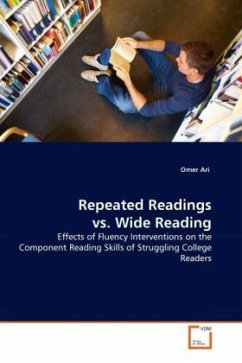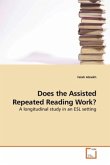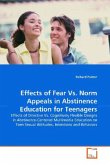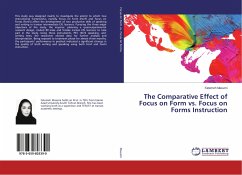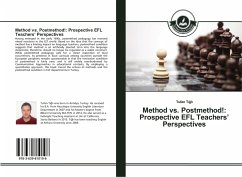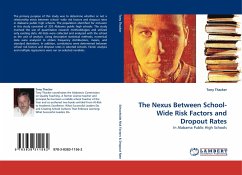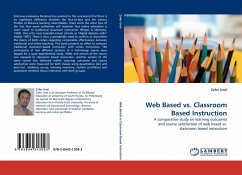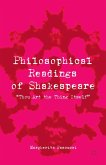This study examined the effects of fluency interventions on struggling college students' readings skills. Thirty community college students, reading below college level, were randomly assigned to a fluency condition (Repeated Readings-RR; Wide Reading-WR) or the control condition, which involved vocabulary study (VS). Thirteen non-struggling college readers provided comparison data. Gains were sought on reading comprehension, vocabulary, silent reading rate, modified cloze (maze), error detection, working memory and a survey of strategy use (MARSI). Revealed were (a) significant WR gains in vocabulary, silent reading rate, maze, and working memory; (b) significant RR gains in silent reading rate and maze; (c) significant VS increases on vocabulary, maze and MARSI; and (d) unreliable patterns of error detection for all groups. With significant gains on more reading skills, wide reading appears superior to repeated readings for struggling college readers. Combining wide reading condition with vocabulary study may augment students' gains. The findings should shed some light on the use of fluency interventions with college readers and be especially useful to college reading teachers.
Bitte wählen Sie Ihr Anliegen aus.
Rechnungen
Retourenschein anfordern
Bestellstatus
Storno

